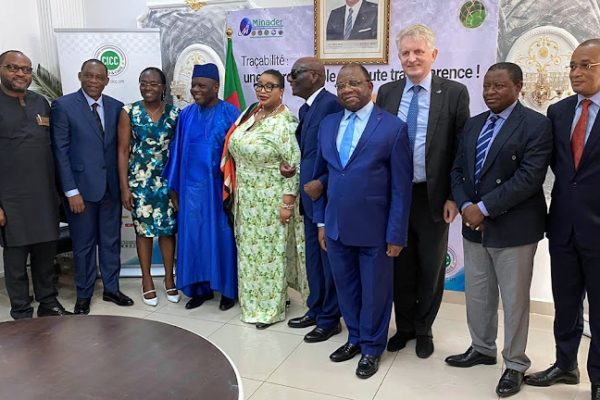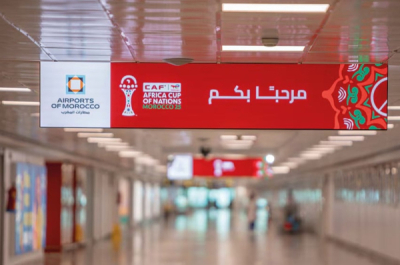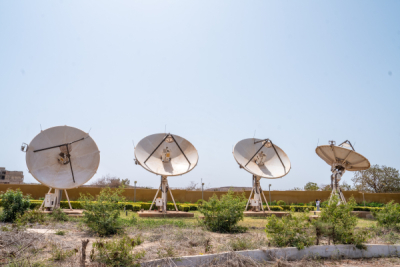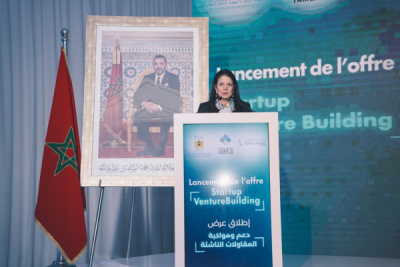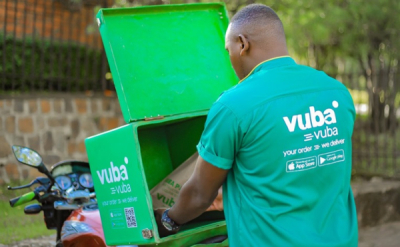Cocoa is a vital export for many African nations, yet production challenges limit the sector's potential. Leveraging technology can address these issues, leading to improved market access and higher prices for African cocoa.
Cameroon's cocoa sector has unveiled plans to launch a digital platform that will provide georeferencing data for cocoa plantations across the country. The Cocoa and Coffee Interprofessional Council (CICC) formalized this initiative with an agreement signed on August 28. Supported by key industry players such as Atlantic Cocoa Corporation, Neo Industries, Ofi Cam, Sic Cacaos, Telcar Cocoa, and the Cocoa and Coffee Subsectors Development Fund, the platform aims to ensure that all cocoa beans produced in Cameroon can be accurately traced to their origin.
CICC Executive President Apollinaire Ngwe emphasized the significance of this initiative, stating, “This marks a significant step forward in technological integration and inter-professional collaboration. The system will provide operators with immediate access to precise and up-to-date data, facilitating more efficient supply chain management.”
Georeferencing involves assigning precise geographical coordinates to cocoa plantations, enabling each location to be uniquely identified. This data-sharing system will centralize important information such as farmers’ locations, farm details, productivity, and sales, allowing cocoa exporters to quickly access coordinates for producers' farms.
This initiative is driven by the need to meet EU legislation set to take effect by the end of the year, which will prohibit the entry of goods produced on deforested or degraded land into the European market. The platform will be instrumental in maintaining Cameroon’s access to this crucial market where in 2020 the country exported 65% of the cocoa it produced, according to data from the EU sustainable cocoa program.
Cameroon is one of Africa’s top cocoa producers globally. WorldAtlas ranks the country as one of the top six cocoa-producing countries producing over 290,000 tons annually. The new platform will guarantee the international standard quality of its production.
Hikmatu Bilali


